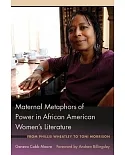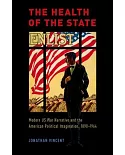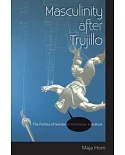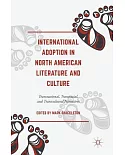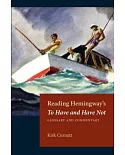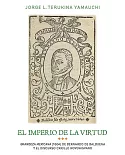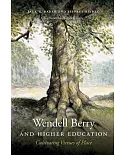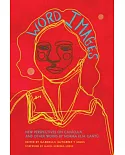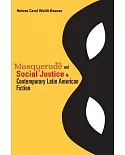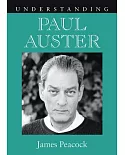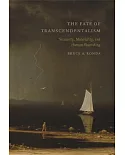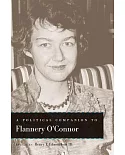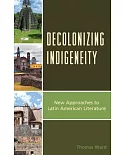Cosmopolitan Twain takes seriouslyMark Twain’s life as a citizen of urban landscapes: from the streets of New York City to the palaces of Vienna to the suburban utopia of Hartford.
Traditional readings of Mark Twain orient his life and work by distinctly rural markers such as the Mississippi River, the Wild West, and small-town America; yet, as this collection shows,
Twain’s sensibilities were equally formed in the urban centers of the world. These essays represent Twain both as a product of urban frontiers and as a prophet of American modernity,
situating him squarely within the context of an evolving international and cosmopolitan community.
As Twain traveled and lived in these locales, he acquired languages, costumes, poses, and politics that made him one of
the first truly cosmopolitan world citizens. Beginning with New York City—where Twain spent more of his life than in Hannibal—we learn that his early experiences there fed his fascination
with racial identity and economic privilege. While in St. Louis and New Orleans, Twain developed a strategic detachment that became a part of his cosmopolitan persona. His contact with
bohemian writers in San Francisco excited his ambitions to become more than a humorist, while sojourns in Buffalo and Hartford marked Twain’s uneasy accommodation to domesticity and
cultural prominence. London finally liberated him from his narrowly constructed national identity, while Vienna allowed him to fully achieve his transnational voice. The volume ends by
presenting Elmira, New York, as a complement, and something of a counterpart, to Twain’s cosmopolitan life, creating a domestic retreat from the pace and complexity of an increasingly
urban, modern America. .
In response to each of these cities, Twain generated writings that marked America’s movement into the twentieth century
and toward the darker realities that made possible this cosmopolitan state. Cosmopolitan Twain presents Twain’s eventual descent into skepticism and despair not as a departure from
his early values but rather as a dark awakening into the new terms of American identity, history, and moral authority. This collection reveals a writer who is decidedly less static than the
iconic portrait that dominates popular culture. It offers a corrective to the familiar image of Twain as the nostalgic voice of America’s rural past, presenting Twain as a citizen of
modernity and a visionary of a global and cosmopolitan future.


